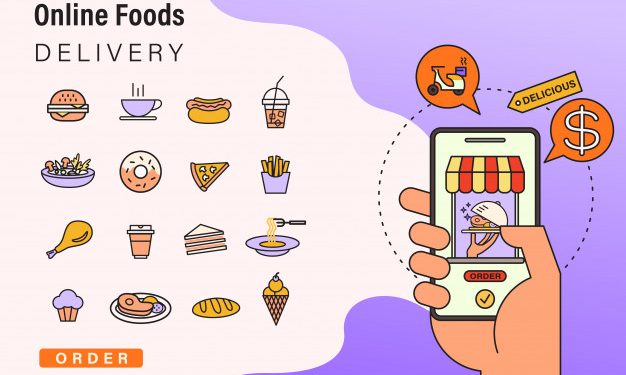Grubhub may now be on the menu, rather than helping restaurants deliver from it. In another sign that the restaurant meal delivery market is overheating from excessive discounting, Grubhub is reportedly considering strategic M&A options such as a merger or sale.
The Chicago-based company’s business model differs from competitors, DoorDash and Uber Eats, in that it simply links customers with restaurants that deliver, but does not provide the drivers. The fight for market share is giving these major players heartburn.
Rampant discounting and free offers to consumers is not a sustainable long-term strategy, so that’s why something has to give. Last year, Square sold its on-demand meal delivery service Caviar to DoorDash for a tasty $410 million. Now another deal may be in the works to further consolidate the restaurant meal delivery market.
A Wall Street Journal article discusses more on this topic, which is excerpted below:
Grubhub seems to be contemplating a change of diet. Shareholders are applauding, never mind the risks. The online-meal-ordering company is in the early stages of a strategic review of its options, which may eventually lead to a sale to a competitor or an acquisition, The Wall Street Journal reported Wednesday. Less than three months ago, Chief Executive Matt Maloney gave his thoughts on the fiercely competitive U.S. takeout market in a 10-page letter to shareholders. Although new diners are proving less loyal than in the past and overall growth is slowing, he argued that the company has a better business model than rivals Uber Eats and DoorDash.
The review shows how incumbents in the global food-delivery sector are still grappling with a strategic dilemma. Marketplace businesses like 15-year-old Grubhub and Just Eat in the U.K. are profitable because most of their business comes from simply linking diners to restaurants and taking a cut of the order fee. But newer entrants such as DoorDash and Postmates, gorging on billions of dollars of venture capital, are winning market share by offering delivery from restaurants to customers’ homes. This is great for growth, because it makes more restaurants accessible to takeout customers, but saps profits: Uber Eats is losing $3.24 on every order it fulfills, according to Cowen estimates.
Overview by Raymond Pucci, Director, Merchant Services at Mercator Advisory Group











